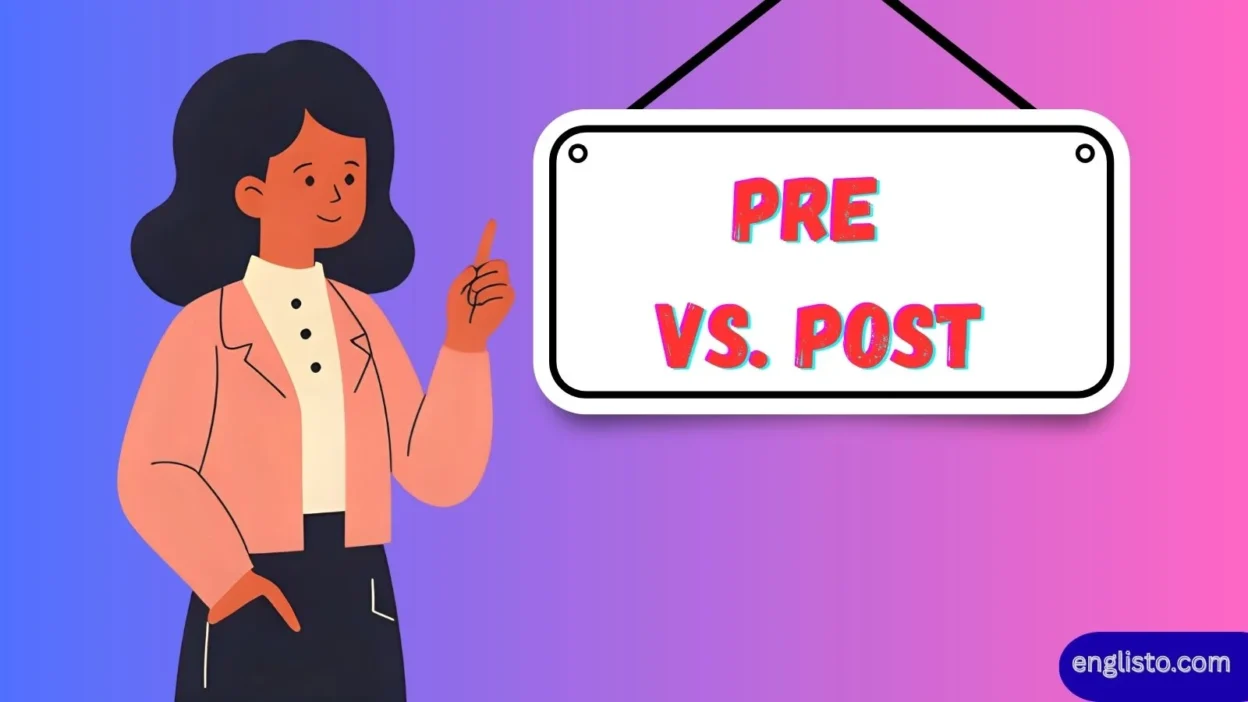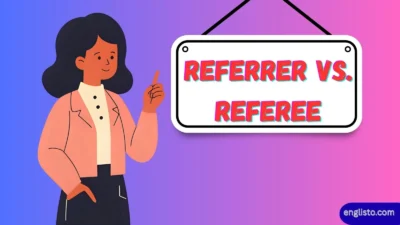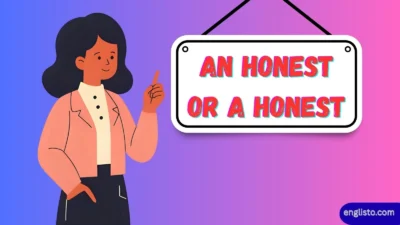Language is full of tiny words that carry tremendous power. Among them, two short prefixes—“pre” and “post”—stand out as linguistic titans. They frame our timelines, shape our stories, and even define how we prepare for or reflect on life’s most important events. Think of phrases like pre-game warm-up or post-game celebration. One looks forward with anticipation, the other looks back with results. Pre vs. Post.
In this guide, we’ll break down the difference between “pre” and “post”, explore their etymology, meanings, and real-world usage, and give you practical grammar tips so you can use them confidently in writing and conversation.
Pre vs. Post: Quick Overview
| Prefix | Meaning | Time Reference | Common Examples |
| Pre- | Before | Earlier, prior, in anticipation | Pre-war, prenatal, pre-game, precaution |
| Post- | After | Later, following, aftermath | Post-war, postnatal, post-game, postscript |
Both prefixes act like time-stamps. “Pre” signals something that happens ahead of an event, while “post” highlights what comes afterward.
Example:
- Pre-graduation nerves (before the ceremony).
- Post-graduation job hunt (after the ceremony).
The Origin and Meaning of “Pre”
The word “pre” comes from the Latin root “prae-”, meaning before, in front of, ahead. Its history stretches back to ancient Rome, where it was used to mark preparation and anticipation.
- Old French (1300s): Adopted as pre- in Middle English.
- Proto-Indo-European root: per- meaning forward, ahead.
Common Modern Uses of “Pre”:
- Healthcare: prenatal care (before birth).
- Sports: pre-season training (before the matches start).
- Academics: prerequisites (courses you must take before another).
- Daily Life: preheat the oven (before cooking).
| Word | Meaning | Example Sentence |
| Precaution | A step taken before danger | She took precautions before traveling alone. |
| Prenatal | Before birth | Prenatal vitamins are vital for expecting mothers. |
| Preorder | Buy before release | Fans preordered the new iPhone weeks in advance. |
| Preface | Introductory note | The author wrote a heartfelt preface. |
The Origin and Meaning of “Post”
“Post” comes from the Latin “post-”, meaning after, behind, following. Like “pre,” it also entered English through Old French, gaining traction in the 14th century.
- In classical Latin: Used for after in time and behind in space.
- Modern usage: Often signals consequences, reflections, or aftermath.
Common Modern Uses of “Post”:
- Healthcare: post-surgical care (after surgery).
- Academics: postgraduate studies (after graduation).
- Sports: post-game interview (after the match).
- Writing: postscript (P.S.) (after the main letter).
| Word | Meaning | Example Sentence |
| Postscript | Note after a letter | She added a postscript at the end of her email. |
| Postnatal | After birth | Postnatal depression affects many women. |
| Postgraduate | After graduation | He enrolled in a postgraduate program in London. |
| Postwar | After a war | The postwar economy boomed in the U.S. |
Comparing “Pre” and “Post” in Different Contexts
Events and Time:
- Pre-war vs. Post-war → before and after conflict.
- Pre-9/11 vs. Post-9/11 → the world before and after a major event.
Healthcare:
- Prenatal (before birth) vs. Postnatal (after birth).
- Pre-surgery instructions vs. Post-surgery care.
Sports:
- Pre-game warm-up vs. Post-game analysis.
- Pre-season training vs. Post-season celebration.
Academics:
- Prerequisites vs. Postgraduate courses.
| Domain | “Pre” Usage | “Post” Usage |
| History | Pre-Columbian America | Post-Columbian era |
| Technology | Pre-digital age | Post-internet society |
| Medicine | Preoperative checklist | Postoperative recovery |
| Education | Pre-school learning | Post-doctoral research |
Grammar Guide: When and How to Use Them Correctly
Both “pre” and “post” are prefixes, meaning they attach to base words to form new words.
Rules to Remember:
- Hyphenation: Use a hyphen when clarity demands.
- Pre-existing vs. preexisting → pre-existing is clearer.
- Pre-existing vs. preexisting → pre-existing is clearer.
- Nouns & Adjectives: Both prefixes can form nouns (prelude, postscript) or adjectives (pre-war, postwar).
- Verb Influence: Rare, but possible → postpone (to delay until after).
Mnemonic to Remember:
- “Pre” = Prepare (think preparation, planning, anticipation).
- “Post” = Post-event (think reflection, aftermath, results).
Examples in Everyday Life: From Healthcare to Sports
Healthcare Example:
- Pre-surgical fasting → no food before surgery.
- Post-surgical instructions → recovery tips afterward.
Sports Example:
- “He was injured during the pre-season, but made a strong comeback in the post-season.”
Academic Example:
- Pre-med → before medical school.
- Postdoc → research after earning a doctorate.
Cultural Example:
- Pre-Renaissance art vs. Post-Renaissance art.
- Pre-industrial society vs. Post-industrial society.
Synonyms, Antonyms, and Related Words
| Prefix | Synonyms (Similar in Meaning) | Antonyms (Opposite in Meaning) |
| Pre- | Prior, before, preceding, preliminary, antecedent | Post, subsequent, later, following |
| Post- | After, following, subsequent, ensuing, later | Pre, prior, earlier, antecedent |
Pre vs. Post in Literature, History, and Culture
- History: Historians divide eras with “pre” and “post.” Example: Pre-WW2 Europe vs. Post-WW2 Europe.
- Literature: Preface (introductory words) vs. Postscript (final words).
- Culture: Pre-social media society vs. Post-social media lifestyle.
Quote:
“History is always divided into before and after—pre and post. These little words carry the weight of entire eras.”
Common Mistakes and Misuses Explained
- Saying “postpone to earlier” (incorrect: postpone means to move later, not earlier).
- Writing “prepone” (used in Indian English, but uncommon elsewhere).
- Confusing preexisting vs. previous.
Tips to Master “Pre” and “Post” in English Writing
- Think timeline: Is it happening before or after?
- Use clarity: Add a hyphen if the word looks confusing.
- Practice with examples: Write sentences with both forms.
- Expand vocabulary: Learn related words like precaution, predecessor, postpone, posthumous.
FAQs
What does “pre” mean in English?
It means before, prior to, or ahead of an event.
What does “post” mean in English?
It means after, following, or in the aftermath of an event.
Is “postpone” the opposite of “prepone”?
Yes, but “prepone” is rarely used outside South Asia. Standard English favors advance or reschedule earlier.
When should I use a hyphen with “pre” or “post”?
Use it when the word looks confusing (pre-enroll, post-9/11).
Can “pre” and “post” be used as standalone words?
Not in standard English; they always attach to another word.
Conclusion
The prefixes “pre” and “post” may look small, but they’re linguistic dynamos that frame time, events, and meaning in English. From pre-natal care to post-graduation plans, they help us pinpoint when something happens—before or after. Mastering their use adds clarity, precision, and elegance to your writing and speech.
When you hear or read “pre” or “post,” think of a timeline: anticipation vs. reflection, preparation vs. aftermath. Get this right, and you’ll never be confused about these powerful little prefixes again.



